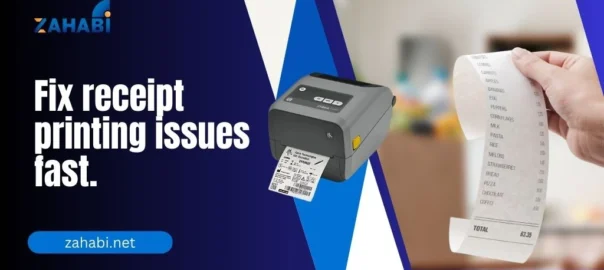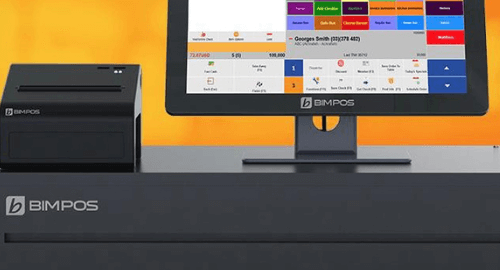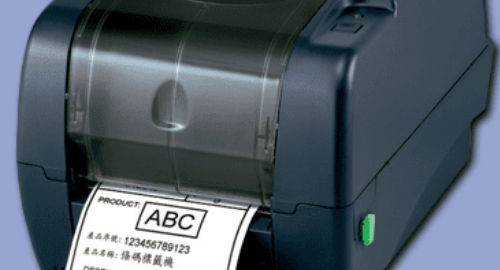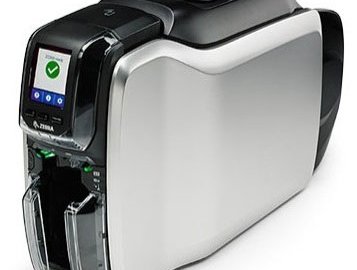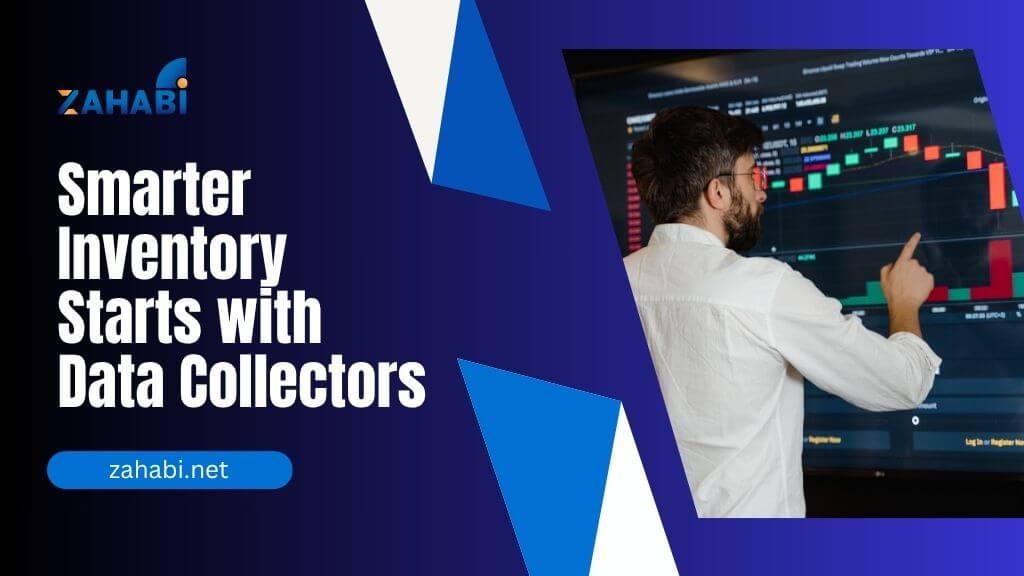
Inventory audits are the backbone of efficient warehouse operations — especially in Kuwait, where supply chain precision and real-time tracking are essential for everything from retail logistics to oil and gas storage. In an increasingly digital world, traditional pen-and-paper methods are no longer sustainable. Enter data collectors — compact, mobile devices that are transforming how warehouses manage inventory.
Whether you’re running a small distribution centre in Shuwaikh or a sprawling logistics facility in Mina Abdullah, adopting data collectors can make your inventory audits faster, more accurate, and far more efficient.
What Are Data Collectors?
A data collector is a handheld device designed to scan, store, and process data in real time. These devices are typically equipped with:
- Barcode/RFID scanners
- Wireless connectivity (Wi-Fi, Bluetooth)
- User-friendly interfaces (touchscreen or keypad)
- Inventory management software
In the context of warehouses, data collectors streamline the tracking, auditing, and reporting of inventory, reducing the risk of human error and significantly speeding up manual processes.
Why Kuwait Warehouses Need Data Collectors
Kuwait’s warehouse ecosystem is growing rapidly — fueled by expansion in e-commerce, retail, pharmaceuticals, and petrochemicals. With high turnover rates, frequent stock movement, and varied SKU types, warehouses must adopt digitized inventory tools to remain competitive.
Here’s how data collectors help:
1. Faster Inventory Audits
Traditional inventory audits can take hours or even days to complete. Data collectors reduce that time by:
- Instantly scanning barcodes or RFID tags
- Automatically updating stock levels in your central database
- Eliminating the need for manual data entry
This speed is invaluable during peak periods like Ramadan or year-end clearance sales when stock visibility is crucial.
2. Real-Time Accuracy
Manual audits are prone to errors — missed items, incorrect counts, or miswritten entries. Data collectors provide:
- Instant verification of scanned items
- Fewer mismatches between physical and recorded stock
- Time-stamped logs that add accountability to the process
This is especially important in temperature-sensitive warehouses storing perishable goods or pharmaceuticals, where precision is non-negotiable.
3. Improved Stock Visibility
With data collectors, your warehouse team can perform cycle counting instead of relying solely on year-end audits. This means you can:
- Audit small sections of inventory regularly
- Flag discrepancies before they become major issues
- Ensure up-to-date records at all times
For businesses operating multiple warehouse locations across Kuwait, this centralized visibility is critical for tracking high-demand SKUs and ensuring timely replenishment.
4. Better Integration with Warehouse Management Systems (WMS)
Most data collectors integrate seamlessly with ERP or warehouse management systems, allowing for:
- Automated inventory updates
- Real-time reporting dashboards
- Trigger-based alerts (e.g., reorder points, expiry alerts)
When used with RFID-enabled systems, warehouses can even track items without direct line-of-sight, further speeding up audits and reducing labour.
5. Enhanced Employee Productivity
Data collectors are easy to use, reducing the learning curve for warehouse staff. Many models feature:
- Rugged designs suited for industrial environments
- Long battery life for full-shift use
- Ergonomic grips to minimize fatigue
With fewer errors and streamlined processes, employees can focus more on value-added tasks like sorting, restocking, and quality control.
Choosing the Right Data Collector in Kuwait
When selecting a data collector, consider:
- Compatibility with your current inventory system
- Scanner type (1D barcode, 2D, or RFID)
- Durability for harsh warehouse conditions
- Ease of software updates and support
It’s also wise to partner with a local vendor that provides training and after-sales service to support long-term adoption.
Final Thoughts
Warehouse audits don’t have to be painful or time-consuming. By leveraging data collectors, Kuwait-based businesses can simplify their audit process, reduce stock-related losses, and empower warehouse teams with smarter tools.
Whether you’re managing electronics, pharmaceuticals, groceries, or industrial supplies, data collectors are the key to building a more agile and accountable warehouse operation.





